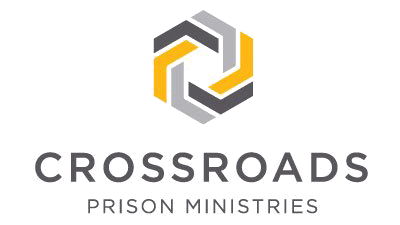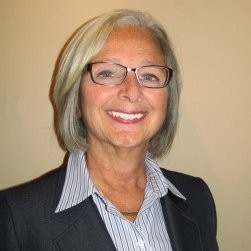In a recent interview with Lisa Blystra, President & CEO of Crossroads Prison Ministries, she shared the residual value of working with PSG that deepened their effectiveness as a team during the stay-at-home/work remotely season.

Lisa Blystra joined Crossroads as their CEO in 2015 after serving at a Senior leadership level with Prison Fellowship. She has served in a variety of community-based ministry leadership roles and recognizes that people often need the encouragement and support of others while trying to solve complex problems. Through time and reflection, she knows her leadership contribution involves the ability to rapidly assess a situation, identify what is wrong in a system, and implement a plan to make it better.
Challenge
In 2018, Lisa desired to build a leadership team and leadership board that would help make good decisions for the future. At that time, two key roles were in place—an operations manager and development director. “We felt it was premature to add a fourth leader to our team until we discovered our current dynamics. We asked PSG to offer their leadership coaching expertise. We found we were highly innovative, but this strength of innovation was causing issues of a continually increasing workload, and rapid pace that others needed to perform in. With our level of pace, and no process in place to guide our work, it became chaos,” states Blystra.
Polarity is one of the biggest challenges of any team, let alone a remote team. Polarity is the capacity to hold opposing ideas, values, competencies, or strategic outcomes in your mind and get the best from both. “While we complemented each other, we also became adversarial. Our communication was not optimal prior to working with you. Our greatest asset was going to be our greatest annoyance until we figured out that our greatest asset was a balance of complementary strengths,” says Blystra.
Solution
PSG worked with Crossroads to identify their strengths and weaknesses both as individuals and as a company. Helping the company understand that the key to advantageous work–both remote and in-person
To make our remote work advantageous, we must be:
• Astute to our strengths
• Able to understand our bottlenecks and recognize how to remove them
• Able to build trusting relationships
• Able to ask for help without feeling inadequate
• Able to help people grow into their full potential
Results
In March of 2020, many businesses throughout the United States were shutdown. A novel Coronavirus had taken over and health care officials deemed working together in our normal place of business, unsafe. The term ‘essential’ took on a whole new meaning. If you were not essential, in essence, you must stay home and work from home. If there was work to do, you opened up your computer, or got on the phone, and got to work. A new terminology emerged for many— ‘remote working environment.’
There is a science to performance and those who capitalize on this knowledge will reap the greatest rewards, especially as we rethink remote work in the future. Blystra is emphatic that, “without the knowledge of how to build teams around our uniquely different strengths, we would not have the right people today on our Zoom calls. It would not be okay to ask each other for help. We would not be aware of the missing pieces we needed to solve the problem. With a better understanding of each other’s strengths, we can communicate better. We know we can work from home, we can be productive from home, and we can be trusted from home.”
Lisa Blystra, CEO of Crossroads Prison Ministries was as prepared for the shift as she could be.
“The work we did with PSG in 2018 with our leadership team, and in 2019 with our entire staff, prepared us for understanding the complexity of our team and provided us with something that was essential–a common operating language. The team development work we did, capitalizing on the awareness of our Kolbe MOs, helped us to understand each other, adopt a common language, get the right talents in the right roles, and create a cohesive atmosphere,” says Blystra.
Lisa finalizes the conversation with, “you have made me a better leader. We are now being intentional about all of our new hires, considering how they will impact the performance of our team, and onboarding them correctly.”
No matter your working environment, the human is the essential.
What are your team’s needs and how can we help you?
One of our Core Values is: Translating our Training into Action.
The Kolbe A™ Index and Kolbe System™ are the trademarks of Kathy Kolbe and Kolbe Corp. All rights reserved.

